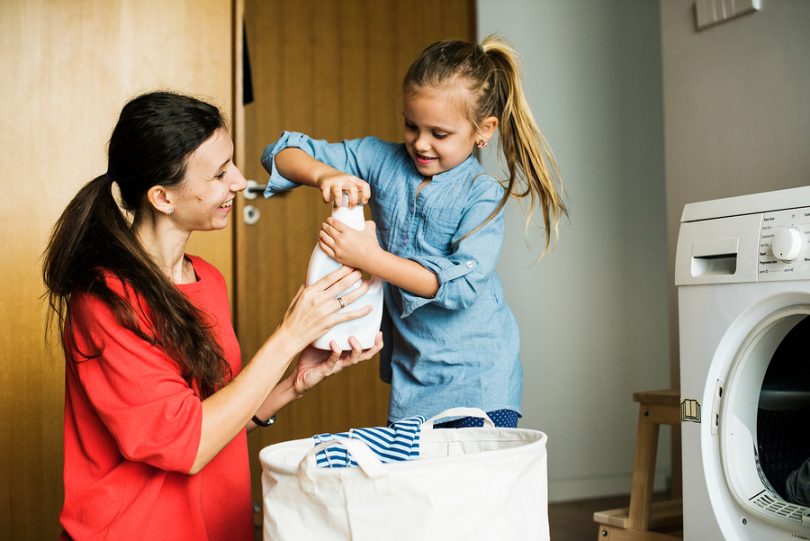“It is estimated that more than 150,000 men, women and children are poisoned each year in Georgia,” according to the Georgia Poison Center. And “Over 50% of calls [in South Carolina] involve exposures in pediatric patients below 6 years of age,” the Palmetto Poison Center stated.
“Poison is anything that can make you sick if you eat, drink, breathe it in or get it in or on your skin or eyes,” said Renee McCabe, Injury Prevention Coordinator at the Children’s Hospital of Georgia at Augusta University. It can come in the form of something tangible—food, drinks, cosmetics, medicine, household products, plants or animals (bees, spiders, snakes, stingrays, jellyfish)—or something non-tangible like carbon monoxide.
Parents should start talking to children about the dangers of poison when their children reach the preschool age, 3-4 years old. Children under the age of 6 years old are more likely to be exposed to poisonous items, said McCabe. “Tell them, ‘never touch or taste anything without asking an adult first,’” she said. And parents should never tell a child that medicine looks like, tastes like or is candy.
Tips to keep children safe from poisonous substances
- Keep purses, backpacks and luggage out of reach and locked up.
- Items with lithium batteries (such as remotes or key fobs) should be placed out of sight and out of reach of children.
- Medicine, household products, cleaning solutions and pesticides should remain in the original containers and be stored and locked out of sight.
- If you use laundry or dish detergent packets, keep them up and out of sight.
- Toys with small parts or choking hazards should be kept out of reach of small children.
“It is the parents’ responsibility to be the bodyguard, especially with children 5 and under,” said McCabe.
Seasonal concerns
There are certain timeframes when kids are more likely to be exposed to poisonous items.
- Spring – Toxic products may be left out while cleaning.
- Vacation – Hotel rooms aren’t childproofed, and luggage with cosmetics and personal care items are easily accessible.
- Halloween – Do not Trick or Treat at strangers’ homes and parents should inspect all candy.
- Winter – Carbon monoxide dangers are increased due to gas heaters and mistletoe is in sight and may be in reach.
When talking to kids, it’s important to let them know the potential hazards associated with each item. But most importantly, let your child know what to do if someone gets into a poisonous substance—tell an adult and if old enough, call one of the following numbers:
- If the individual ingests something that may be poison, but has no symptoms, call the Poison Control Help Number immediately: 1-800-222-1222.
- Call 911 if the individual gags, vomits, becomes sleepy, has slurred speech, has trouble breathing, convulsions or loss of consciousness.




